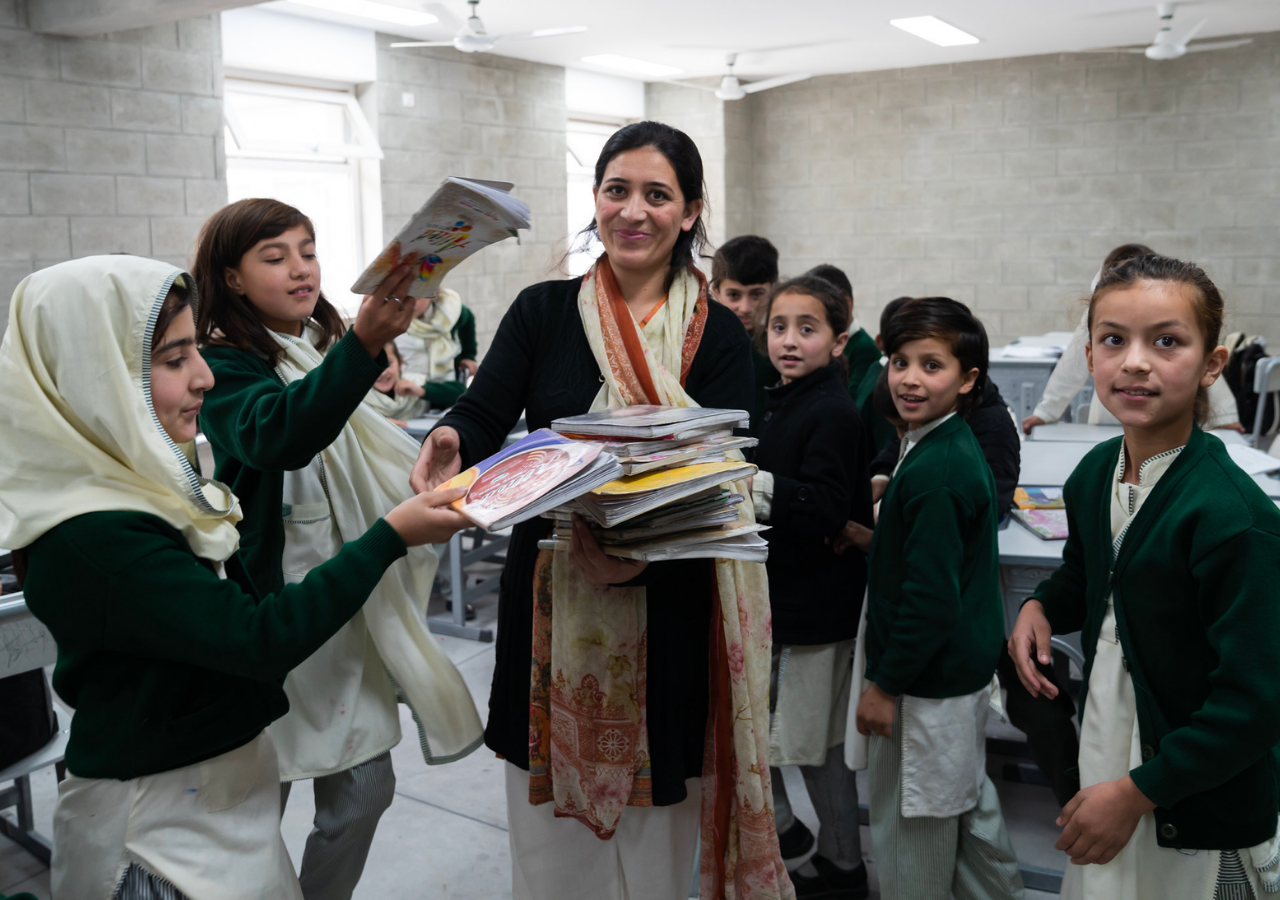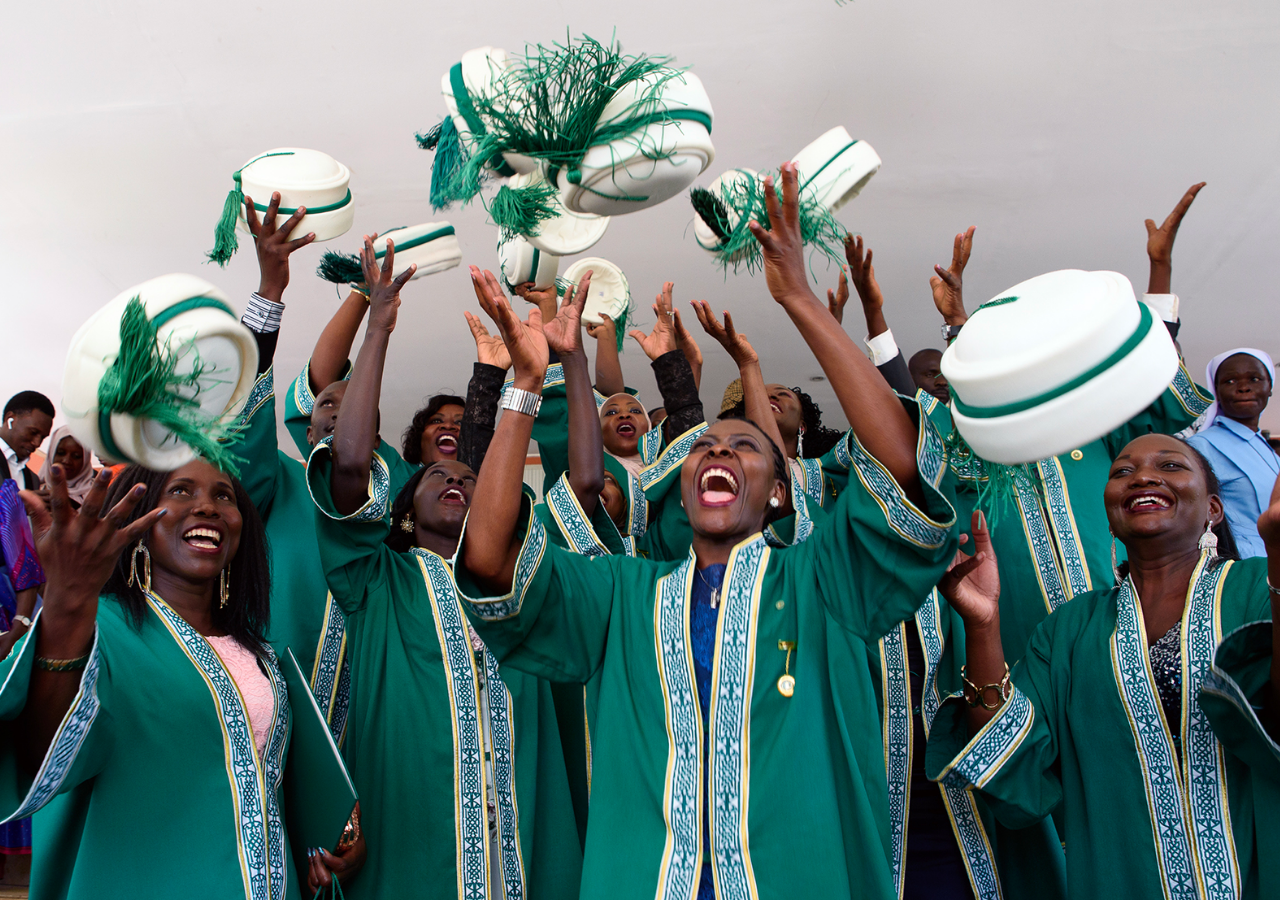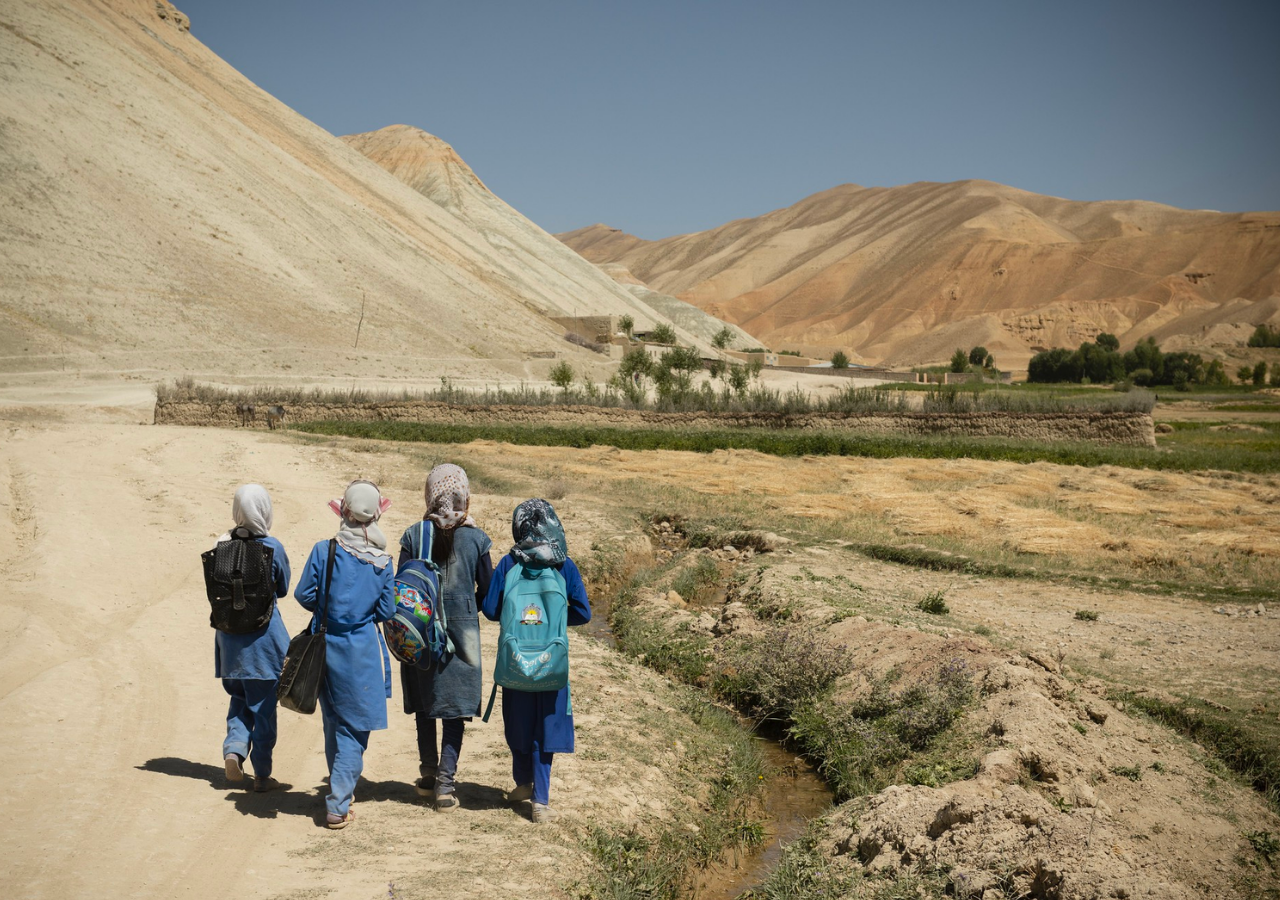Women’s education is a worldwide issue, not restricted to any one region. According to the United Nations, only 59 per cent of urban-based girls and 39 per cent of rural-based girls attend secondary school. As a result, women make up two-thirds of the world’s 796 million illiterate people.
There are many reasons for this disparity. One of them is related to child marriages. Estimates state that 10 per cent of women alive today were married before they turned 18. Poverty and financial reasons also have an effect, as women are sometimes urged to stay at home and work, or cannot afford to attend school. In general, the value of education for women is also underestimated in some societies.
According to UNICEF, education for girls and women strengthens economies and reduces inequality. Girls who receive an education earn higher incomes, participate in the decisions that affect them, and are able to build better futures for themselves and their families. They also tend to lead healthier and more productive lives.
The Ismaili community has a long tradition of supporting education for women and girls. Over a century ago, Mawlana Sultan Mahomed Shah had an unprecedented vision for the region of South Asia: to provide exceptional educational opportunities to students, to help spur development. A priority was placed on educating girls.
As Imam of the Ismailis, he stressed the importance of educating girls many times, even stating that “Personally, if I had two children, and one was a boy and the other a girl, and if I could afford to educate only one, I would have no hesitation in giving the higher education to the girl.”
He believed that each new generation’s potential for success was determined by womens’ ability to lead youngsters along the right path, and introducing values into their lives.
“I am trying to guide our young women’s lives into entirely new channels,” he said. “I want to see them able to earn their living in trades and professions so that they are not economically dependent on marriage.”
Mawlana Hazar Imam has also placed great emphasis and focus on the power of education and knowledge for all. He has often spoken of education as fundamental to the long-term growth and progress of communities.
He shares a similar vision to his grandfather in relation to women’s education and women’s place in society. In an interview in Germany in 2009, Hazar Imam said, “The respect that is due to women is a very important factor in the Islamic world, and in the history of Islam and in the faith itself. And my interpretation is, the better educated the woman is, the more respect she's going to get in modern civil society.”
This vision is being enacted through the Aga Khan Development Network (AKDN) and its efforts to educate children of all ages in many regions of Asia and Africa. The foundations of the present system were laid over 100 years ago by Sultan Mahomed Shah, who established over 200 schools during the first half of the 20th century, the first in 1905 in Mundra and Gwadar in South Asia, and in Zanzibar in East Africa.
Today, AKDN seeks to ensure that girls and boys are equally equipped with the knowledge, skills, attitudes and values to help them interact effectively with the world and be contributing members of a pluralist society. It has a number of leading organisations in education that work together to promote a continuous ladder of lifelong learning, starting from early childhood and extending well into adulthood. Aga Khan schools and programmes for example, currently benefit over 85,000 students every year.
The Aga Khan University (AKU) was founded by Mawlana Hazar Imam in 1983 as Pakistan’s first private university, initially taking the form of a nursing school. Since then, it has expanded to six campuses across three continents, facilitating learning in a wide variety of disciplines. AKU alumni — two-thirds of whom are women — make up a respected community of leaders in the fields of healthcare and education, whose accomplishments are now having an increasingly positive impact across the world.
AKDN also works hard to develop ways in which to educate men on why women’s education is important. Aga Khan Foundation programmes support women through village credit schemes, crop and livestock management, training in forestry, accounting, and marketing - all of which encourages independent income streams and career paths for women. Such interventions can have a generational and collaborative impact.
“An educated mother passes on education to her children, thus improving the child's academic performance and professional prospects,” said Princess Zahra in a speech in Toronto in 1997. “Education has also encouraged women and men to pull together, and represent us in the eyes of the world.”
Education is key to enabling women to excel in life and work. The Ismaili Imamat, through the educational activities of the Aga Khan Development Network, is committed to removing barriers to help women to claim their rightful place in society.
---
Laila Shariff is a graduate student of Digital Marketing at the Henley Business School, University of Reading, and currently serves as an Intern with The Ismaili.










